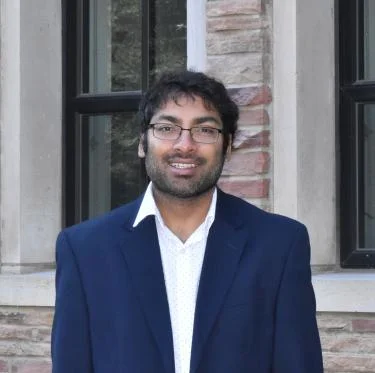
- This event has passed.
IBS Speaker Series: Srinivas “Chinnu” Parinandi
February 12, 2024 @ 12:00 pm - 1:00 pm
Join in person or via Zoom, email ibs-contact@colorado.edu for the password.
*Light lunch served at 11:45, please RSVP.
Title: Legislative Capacity and Regulatory Compliance: Evidence from the Opioid Epidemic (paper joint with David Fortunato, University of California at San Diego)
Abstract: We argue that endowing legislatures with greater resources for policy design and oversight can improve regulatory compliance. The argument is applied to opioid mortality in the US, a public health crisis driven in part by regulatory dereliction: the failure of states to limit irresponsible distribution of opioid pain relievers. We explain the governance roots of the crisis and predict a negative relationship between overdose mortality and legislative capacity. Statistical analyses show increasing legislative capacity is associated with lower opioid mortality, and that the relationship is compounding with regulatory work force, suggesting enforcement agents are more effective under strong legislatures. Placebo tests on other “deaths of despair” resulting from alcohol and suicide, which have similar behavioral or societal correlates to opioid mortality but should not be influenced by regulatory regimes, are uncorrelated with legislative capacity, lending credibility to our interpretation. We conclude with implications for research in the US and abroad.
Bio: Srinivas “Chinnu” Parinandi is assistant professor of political science at the University of Colorado at Boulder and Fellow in the Institute for Behavioral Science. Parinandi researches how the design of legislative and regulatory institutions influences public policy outcomes, mainly looking at energy and public health policy in the U.S. states. He has published extensively in journals such as American Journal of Political Science, Journal of Politics, and Energy Policy, and has received funding from the National Science Foundation. New projects emphasize the connection between political institutional design, energy policy choices, and public health.

